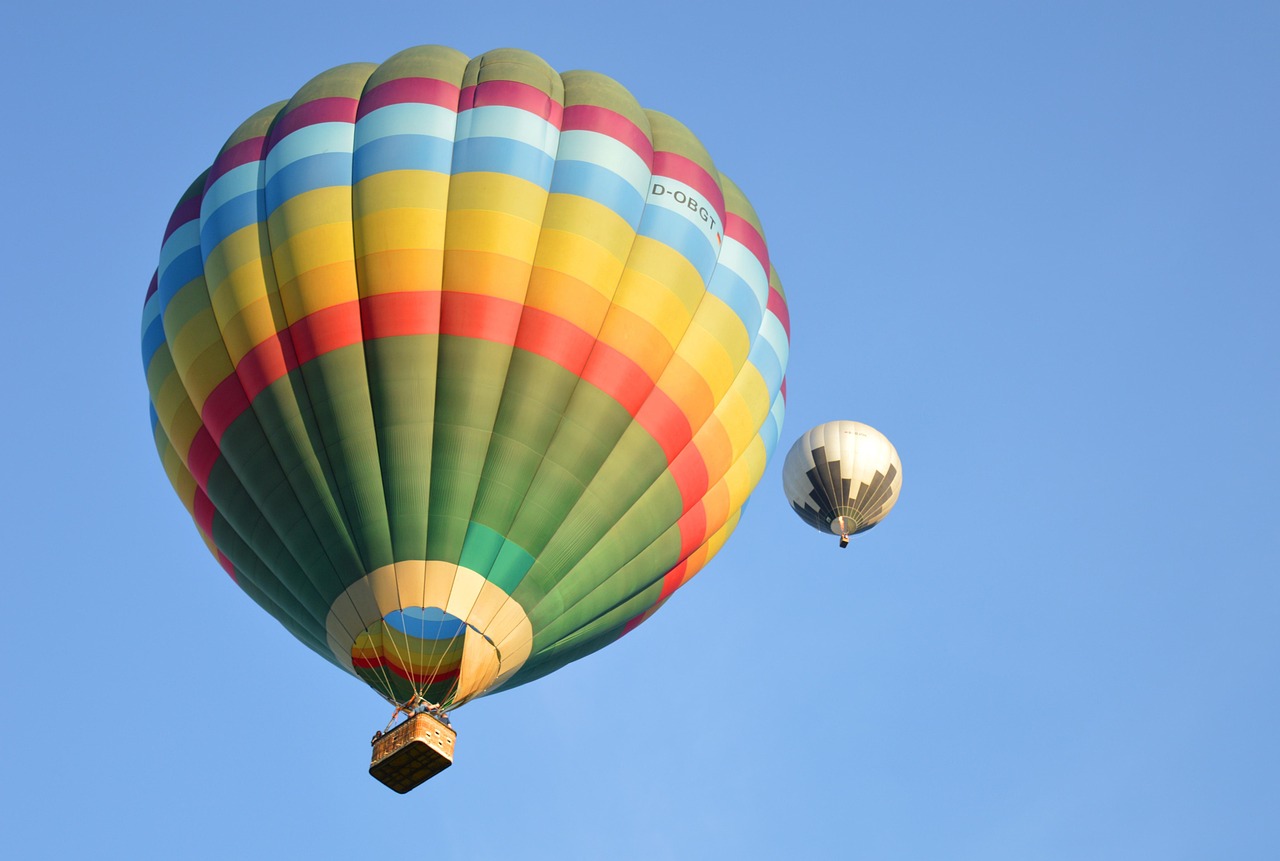Historical Trips - Part 3
Journeying to the Past - Part 3
Welcome to the third installment of our "Journeying to the Past" series, where we delve into historical events, figures, and cultures that have shaped our world. In this edition, we will explore a pivotal period in history that continues to influence modern society.
The Renaissance: A Rebirth of Culture and Learning
The Renaissance, which spanned roughly from the 14th to the 17th century, was a transformative period in European history characterized by a renewed interest in art, literature, science, and philosophy. It marked a significant shift away from the medieval mindset towards a more humanistic approach to knowledge and understanding.

Key Features of the Renaissance
- Artistic Innovation: The Renaissance saw the emergence of renowned artists such as Leonardo da Vinci, Michelangelo, and Raphael, who produced masterpieces that continue to captivate audiences worldwide.
- Scientific Advancements: Visionaries like Galileo Galilei and Johannes Kepler challenged prevailing beliefs about the universe, paving the way for modern scientific inquiry.
- Humanism: Emphasizing the value of human potential and achievement, humanist scholars like Petrarch and Erasmus promoted critical thinking and education.
The Legacy of the Renaissance
The impact of the Renaissance extends far beyond its historical timeframe, influencing art, literature, science, and politics to this day. Its emphasis on individualism, creativity, and intellectual curiosity laid the foundation for the modern world we inhabit.

Exploring Further
To delve deeper into the Renaissance and its lasting effects, consider visiting museums, art galleries, and historical sites that showcase the era's cultural achievements. Reading works by Renaissance thinkers and artists can also provide valuable insights into this transformative period.
Join us in the next installment of "Journeying to the Past" as we uncover more fascinating aspects of history that continue to shape our world.
